Description
Eco-friendly reusable bags can be reused while people still effectively containing and disposing of waste and living trash.They have some key features and characteristics of eco-friendly bags:
- Biodegradability or Compostability: Eco-friendly bags can biodegrade or compost, breaking down naturally over time. Materials like cornstarch-based plastics (PLA), potato starch, or certified compostable plastics meet these criteria.
- Recycled Content: Some reusable bags are made from recycled materials, reducing the need for new resources and diverting waste from landfills.
- Sustainable Materials: Eco-friendly bags made from renewable and sustainable resources. Such as bamboo, hemp, or recycled paper, are environmentally friendly options.
- Non-toxic and Chemical-Free: They should be free of harmful chemicals, including PVC and phthalates. Which can leach into the environment when the bags break down.
- Strength and Durability: While eco-friendly bags aim to be environmentally responsible, they still need to perform their primary function effectively. Look for options that are strong and durable enough to hold the intended waste without tearing or leaking.
- Leak-Proof and Odor-Control: Some eco-friendly trash bags come with features like leak-proof designs and odor-neutralizing technology. It manages wet or odorous waste effectively.
- Size and Style Variety: Eco-friendly bags should be available in various sizes and styles to fit different types of waste bins and individual needs.
- Certification: Look for certifications such as the Biodegradable Products Institute (BPI) certification. The OK Compost label to ensure that the trash bags meet specific eco-friendly standards.
- Ethical Manufacturing: Seek out brands that prioritize ethical and sustainable manufacturing practices, such as fair labor practices and reduced energy consumption.
- Cost-Efficiency: While eco-friendly bags may initially cost more than traditional plastic bags. They can be cost-effective in the long run by reducing environmental harm and potential disposal fees.
- Local Regulations: Be aware of local regulations and guidelines regarding waste disposal and the types of bags allowed in your area. Some places may have specific requirements for eco-friendly trash bags.

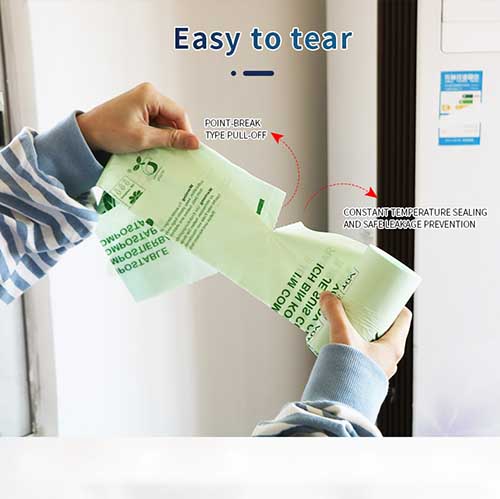
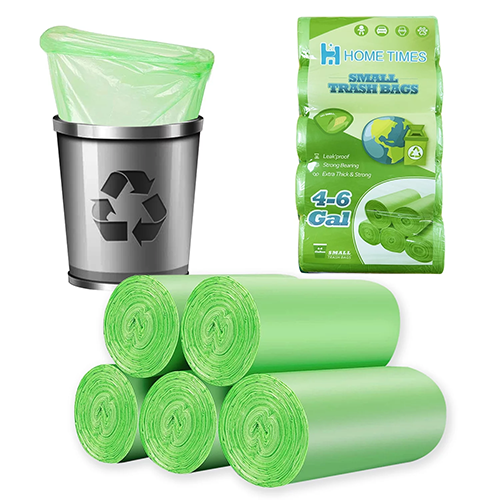
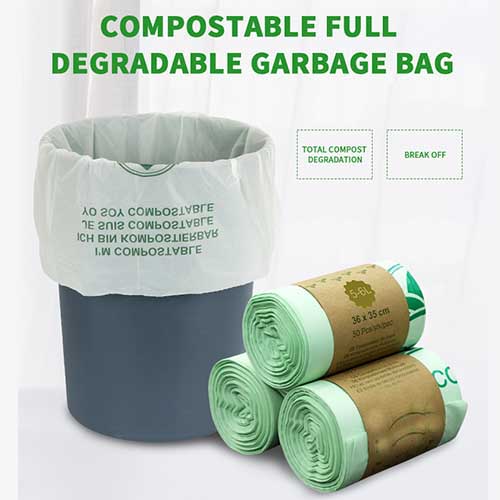
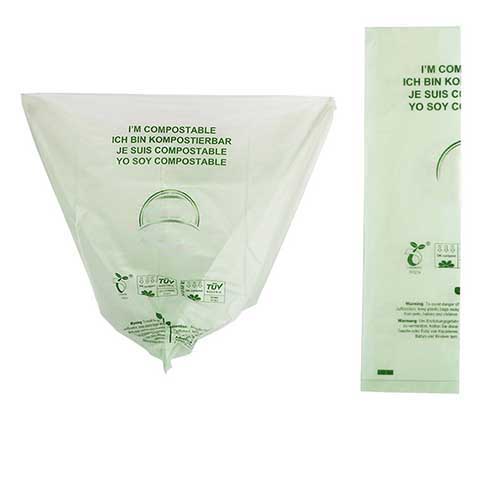
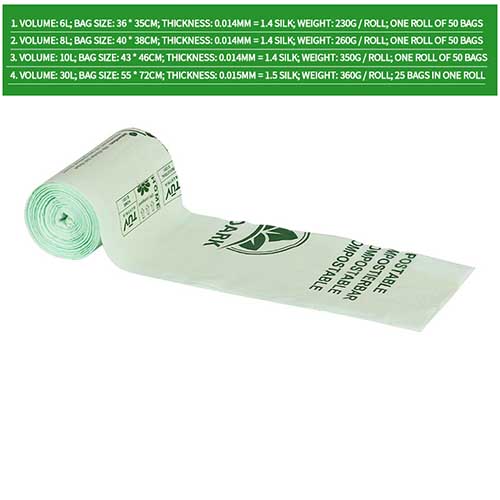
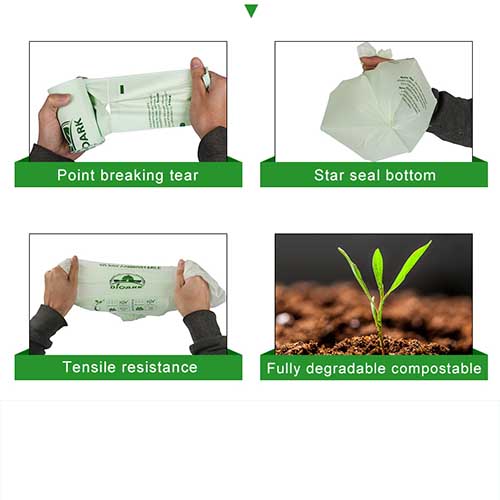


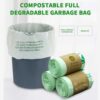
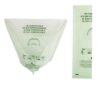
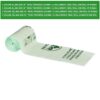






Reviews
There are no reviews yet.